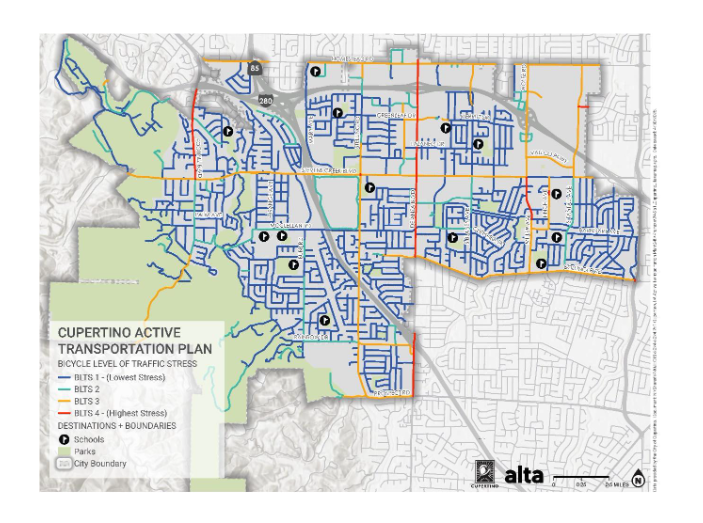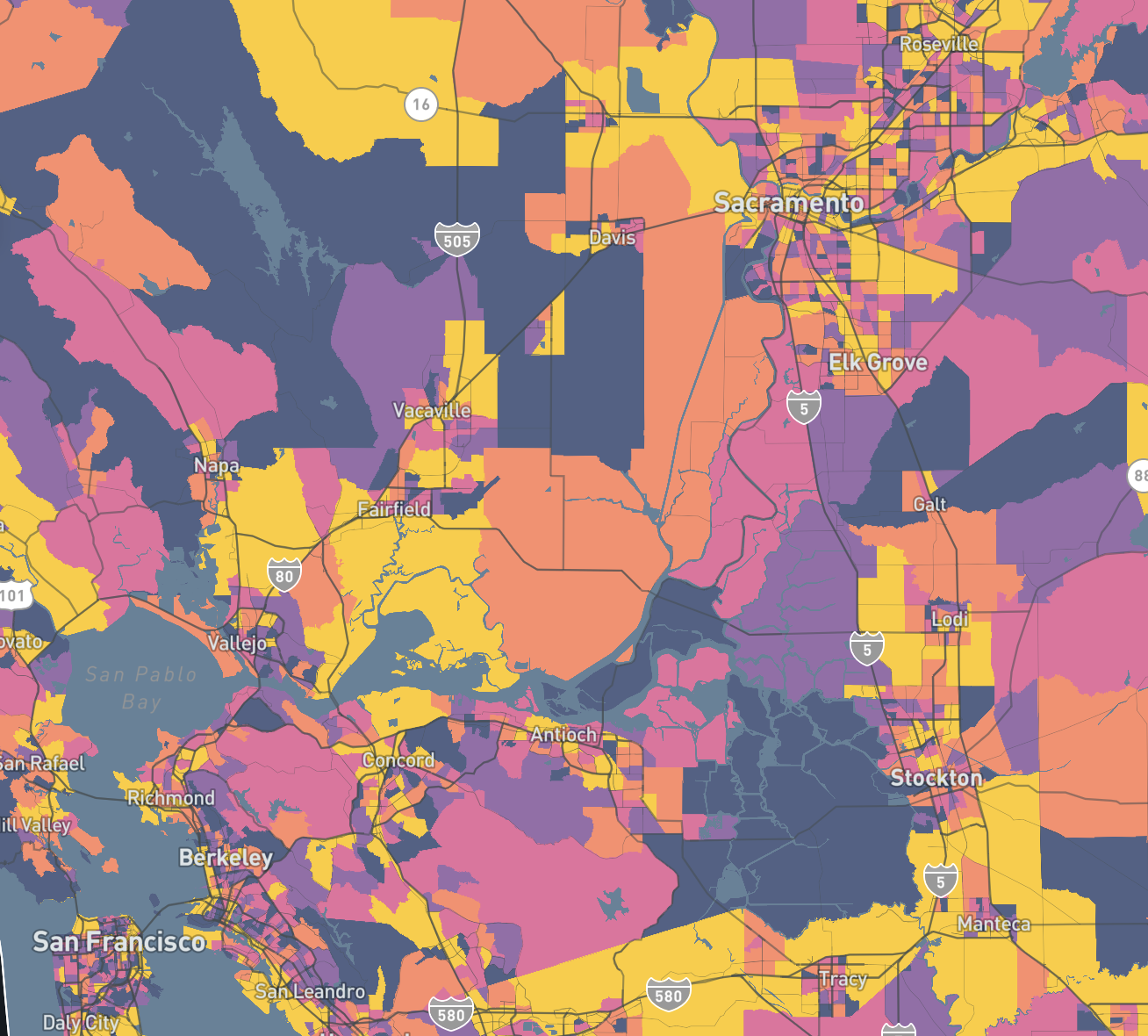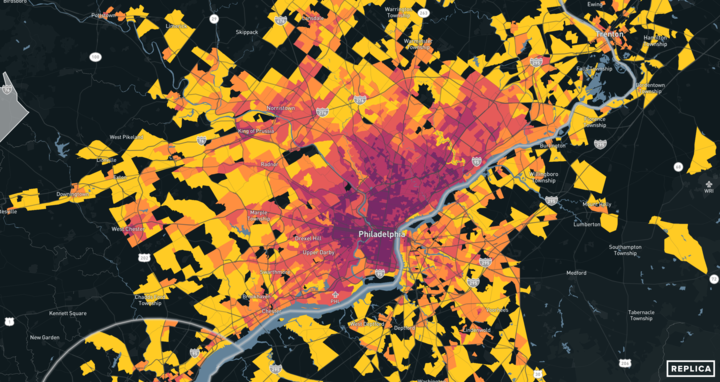By: Claudia Preciado
May 1, 2023
Transit agencies are at a watershed moment: Never has there been this dramatic an impact on transit ridership AND such a monumental opportunity to reshift public transit away from commuter-only focused service. As an industry, we have a chance to rebrand transit service for everyday, lifestyle trips and are seeing Metrolink, SEPTA, and others leading the charge.
Transit agencies across the United States are required to update their Short Range Transit Plans every 5-10 years in order to meet federal reporting requirements for funding. The plans typically outline how a transit agency will allocate funding based on the current needs, goals, and agency priorities – oftentimes incorporating loftier goals for mode split, equity, and ridership in these future scenarios.
With COVID-19, agencies have had to redo SRTPs conducted in 2019 and 2020, given how dramatically the pandemic upended transit ridership and needs. In some regions, like the San Francisco Bay Area, MTC is also requiring a shorter outlook (5 years) given the impacts to its regional agencies.
While typical SRTPs include a state of the service update that is often an evaluation of one agency’s ridership and service, leveraging big data as part of this process allows agencies to incorporate an understanding of:
- Regional travel patterns across all modes (transit, walking, biking, car, carpool, taxi/TNC)
- Time of day changes in transit ridership from season to season
- Trip purpose changes from season to season
- Rider profiles across all transit users in your communities
- Community profiles of your entire region, regardless of mode
Our transit agency partners like SEPTA (Philadelphia, PA), COTA (Columbus, OH), CTA (Chicago, IL), MTA (New York, NY), RTCSNV (Las Vegas, NV) and NCTD (Oceanside, CA) are leveraging Replica’s rich composite of data to understand not just where their transit ridership went, but how they might restructure service to appeal to those once-transit riders. These insights, when coupled with your agency’s ridership changes in recent seasons, provide a much more nuanced and robust analysis of transit competitiveness.


With Replica, questions of serving and prioritizing the most vulnerable communities in your region never come second to understanding the broader travel patterns. Beyond insights into the trip-based characteristics, transit agencies are leveraging Replica data to uncover insights about people’s income, race and ethnicity, work from home status, employment status, cars available in household, and origin/destination land uses to enrich their service analyses.

If your agency is in the midst of short range transit planning analysis, reach out to the Replica team at sales@repicahq.com or click here to get in touch with us.
You can also learn more by downloading Replica's Transit Guide.








